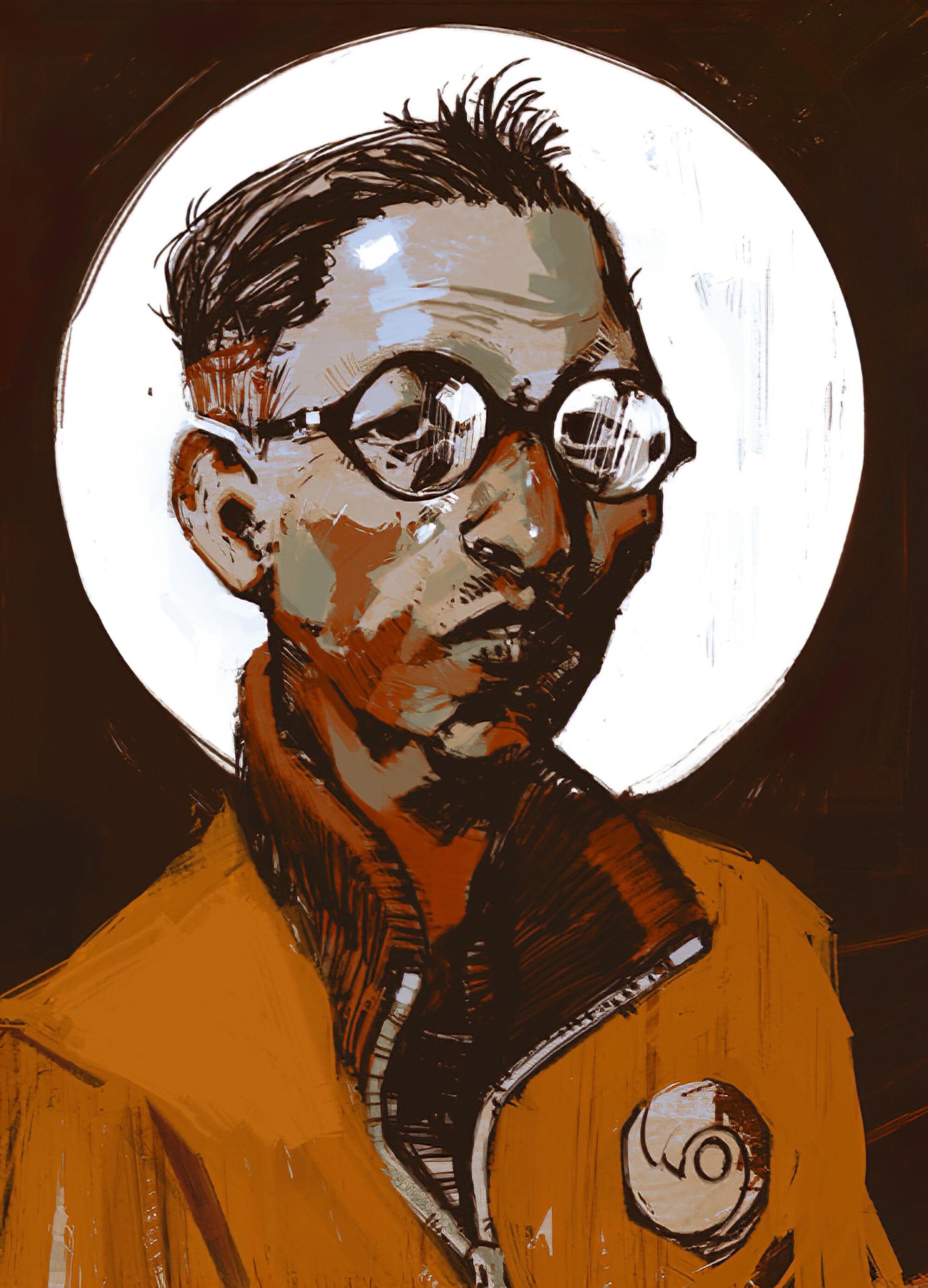- Why does China, a socialist country, have mega corporations like Tencent and Bytedance? Are they collectively owned by syndicates or unions? If this is a transitionary phase to socialism, can we trust China to actually enforce Socialism after this stage ends?
- Child Labor in factories: Myth or Fact? I have a Chinese friend who said he personally never worked as a child in China, but obviously if this was true not every single kid would have worked in a factory.
- Surveillance and Social Credit: are these myths, or are they true? Why would China go so far to implement these systems, surely it'd be far too costly and burdensome for whatever they'd gain from that.
- Uighur Muslim genocide: Is this true?
Thank you to anyone who answers, and if you do please cite sources so I can look further into China. I really appreciate it.
edit: I was going to ask about Tiananmen Square, but as it turns out that literally just didn't happen. https://www.telegraph.co.uk/news/worldnews/wikileaks/8555142/Wikileaks-no-bloodshed-inside-Tiananmen-Square-cables-claim.html
https://leohezhao.medium.com/notes-for-30th-anniversary-of-tiananmen-incident-f098ef6efbc2
https://www.cbsnews.com/news/there-was-no-tiananmen-square-massacre/


Using a capitalist model to build up productive forces is their official policy. It's not what I'd choose personally. But their actions show they do actually believe in this policy - they routinely execute billionaires for running their companies contrary to the public good - so it's not just a lie atop a de-facto capitalist system.
China is a huge country, which is governed by a giant pyramid-structure of elected officials, some branches of which are corrupt. Child labor is illegal, but if your mayor is cool with bribes, then you can do it anyway. China tries to crack down on corrupt officials constantly, but it's still a pyramid-shaped hierarchy, so I doubt they'll ever fully succeed.
Surveillance: not particularly more or less than the US (which is too much of course). Social credit isn't really a thing.
There was an ongoing project to imprison and reeducate Uighur Muslims who were suspected of having radical Islamist ideology. It's supposed to be winding down now, but I haven't checked recently. If such a program never overstepped, and never had abuses of power, I will eat my hat. But Adrian Zenz is a liar and a crackpot, and all the wildest stories trace back to him.
My take on the Xinjiang thing was that there were abuses of human rights - arbitrary arrests, people being detained for several months without trial or having committed a crime, and a few other things.
However, this was China's program for dismantling Islamist terrorist groups operating on their borders, and it should be evaluated in the context of other nation's anti-terrorist efforts during the gwot.
What China did wasn't good, per se, but given the available information it seems to have focused more on non-lethal and propagana interventions than the west's policy of "kill lots of random people and wonder why the terrorism didn't stop".
In brief; China's human rights violating anti-terrorist program was far less vicious and murderous than America, Europe, and their ally's human rights violating anti-terrorist program. That does not mean that they didn't violate human rights, nor does it mean that parts of China's program weren't silly and ineffective (making people you've detained sing propaganda songs during their confinement? Really?)
Again, the un report is the closest thing to a neutral report on the matter I'm aware of and is very much worth reading.